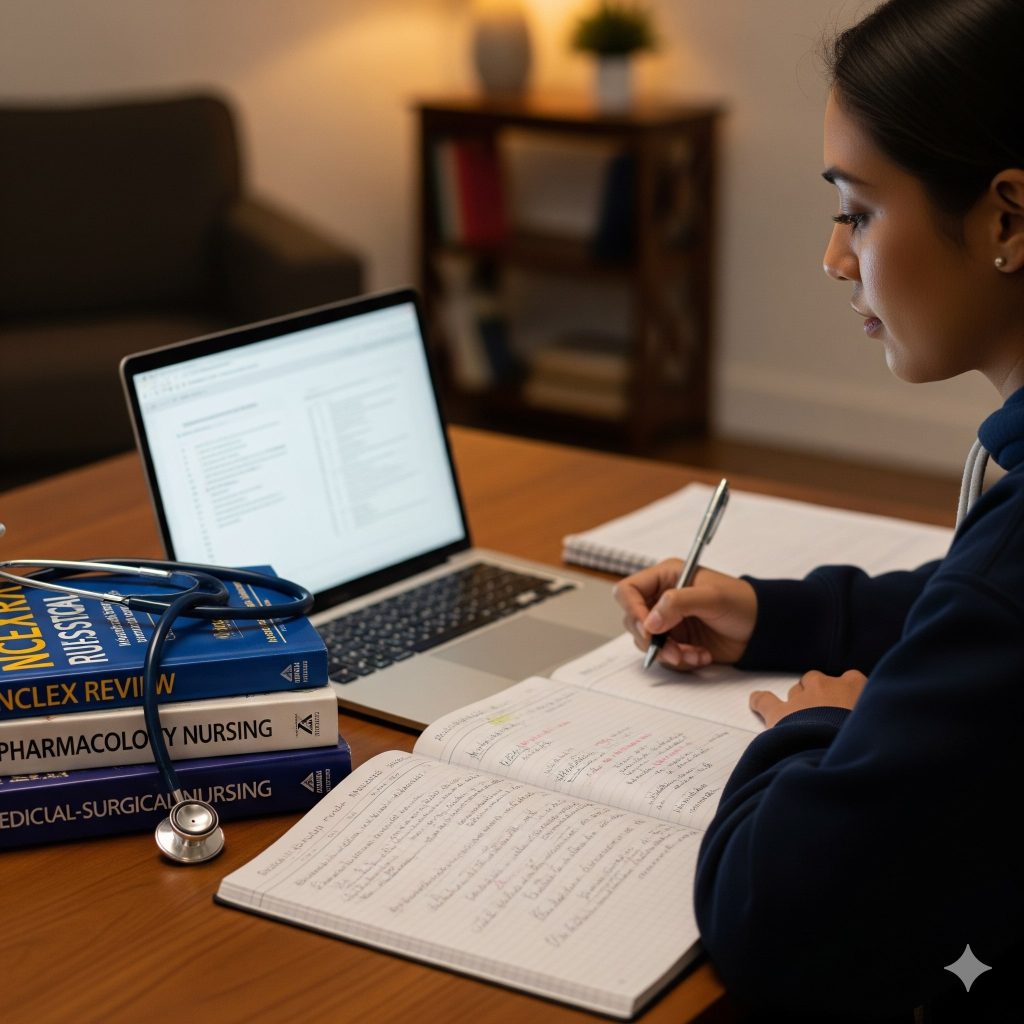For nursing students on the path to licensure, the journey is paved with study materials, clinical hours, and, of course, a multitude of tests. Among the most valuable tools in your arsenal are practice tests and predictor tests. But what’s the difference, and how can you leverage both to ensure you’re not just ready, but confident on exam day? Let’s break it down.
What are Practice Tests?
Think of practice tests as your training ground. They are designed to familiarize you with the format, style, and content of your upcoming nursing exam, whether it is the CPNRE or another certification. These tests are your opportunity to:
- Get Comfortable with the Format: The more you see the types of questions and the structure of the exam, the less intimidating the real thing will be. This is especially crucial with the Next Generation NCLEX (NGN), which includes new item types like case studies and trend questions.
- Identify Knowledge Gaps: Practice tests are fantastic for showing you which subjects you have mastered and which need a little more love. Did you ace the pharmacology questions but struggle with pediatrics? Now you know where to focus your study time.
- Build Test-Taking Stamina: Nursing exams are marathons, not sprints. Taking full-length practice tests helps you build the mental endurance needed to stay sharp and focused for the entire exam.
- Reduce Test Anxiety: Familiarity breeds confidence. The more you practice in a low-stakes environment, the more you will feel like you are in control when it is time for the real exam.
At Sulcus Learning, our practice tests are crafted by Canadian healthcare experts who are on the frontlines. This ensures that you’re not just practicing, but you’re practicing with the most current and relevant material available.
What are Predictor Tests?
If practice tests are your training ground, predictor tests are your dress rehearsal. These are high-level assessments designed to simulate the actual exam experience as closely as possible, and their primary goal is to predict your likelihood of passing. Here is what makes predictor tests unique:
- Readiness Assessment: A predictor test gives you a snapshot of your current preparedness. It’s a reality check that can either confirm you’re on the right track or signal that you need to ramp up your study efforts.
- Simulated Exam Conditions: These tests are often timed and may even use computer-adaptive technology (CAT), just like the real NCLEX. This gives you a true feel for the pressure and pacing of exam day.
- Detailed Performance Analysis: Predictor tests often provide in-depth feedback on your performance, breaking down your strengths and weaknesses by content area. This allows for highly targeted and efficient studying in the final weeks leading up to your exam.
- Confidence Boost (or a Wake-Up Call): A strong performance on a predictor test can be a massive confidence booster, validating your hard work and assuring you that you’re ready. On the other hand, a less-than-stellar result can be the wake-up call you need to refocus and double down on your prep.
Our Readiness Predictor at Sulcus Learning is designed to give you a clear and accurate picture of where you stand, so you can walk into your exam with the confidence that you’re not just hoping to pass—you’re expecting to.
The Winning Combination: Practice and Predict
So, which one should you use? The answer is both. Think of it like this:
- Practice tests are for the process of learning. You use them throughout your study journey to build your knowledge base and your test-taking skills.
- Predictor tests are for the assessment of your learning. You use them closer to your exam date to gauge your readiness and fine-tune your final preparations.
By integrating both practice tests and predictor tests into your study plan, you create a powerful feedback loop. You practice, you identify weaknesses, you study to improve those weaknesses, and then you predict your performance to see how far you have come. It is a cycle of continuous improvement that will have you not just ready, but Sulcus ready, for your exam.
Ready to put this into practice? Explore our expertly curated practice tests and our Readiness Predictor to start your journey to success today!

